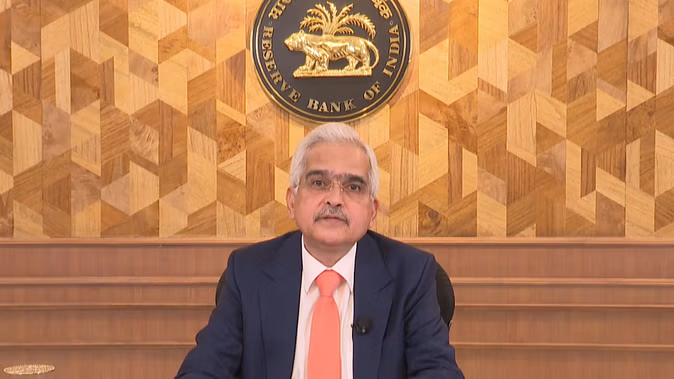RBI Governor Das warned NBFCs not to adopt unstable practices to promote development

New Delhi| Reserve Bank of India (RBI) Governor Shaktikanta Das on Wednesday warned of action against non-banking financial companies (NBFCs) that are adopting unsustainable methods to boost growth.
Announcing the bi-monthly monetary policy review, the RBI Governor strongly asked non-banking financial institutions to be honest and fair and follow sustainable practices. “It is important that all NBFCs, including MFIs (micro finance institutions) and HFCs (housing finance companies), adhere to sustainable business goals; adopt a ‘compliance first’ culture; adopt a strong risk management framework; strictly adhere to fair dealing codes; and adopt an honest attitude towards customer complaints”, Das said
“The Reserve Bank is closely monitoring these areas and will not hesitate to take appropriate action if needed”, he warned He also said that RBI wants NBFCs to make reforms themselves. Shaktikanta Das said the NBFC sector has registered “impressive growth” over the years, adding that such lenders have helped the policy objective of financial inclusion. However, he expressed regret that some NBFCs are aggressively moving towards growth without creating sustainable business practices and risk management framework.
An imprudent view of “development at any cost” would be prejudicial to their own health, the governor said He said some institutions are looking for exorbitant returns on their equity after raising capital from domestic and foreign sources. He pointed out that concern arises when interest rates become excessive and at the same time add unreasonably high processing fees and frivolous penalties.

In addition, there is a “pushing effect”, in which “business goals drive retail credit growth rather than real demand”, Das said, adding that he feared it could also pose a risk to financial stability due to higher costs and higher indebtedness.
They also asked entities to review their staff remuneration practices, variable salaries and incentive structures, as they believe that some of these appear to be purely goal-based and may result in an unfavorable work culture and poor customer service.
Das also clarified that the health norms of banks and NBFCs remain “strong”, even though some comments have been made about rising tensions in unsafe areas. He asked banks and NBFCs to carefully evaluate their individual loans in these sectors in terms of both size and quality and do strong underwriting and monitoring of loans.








